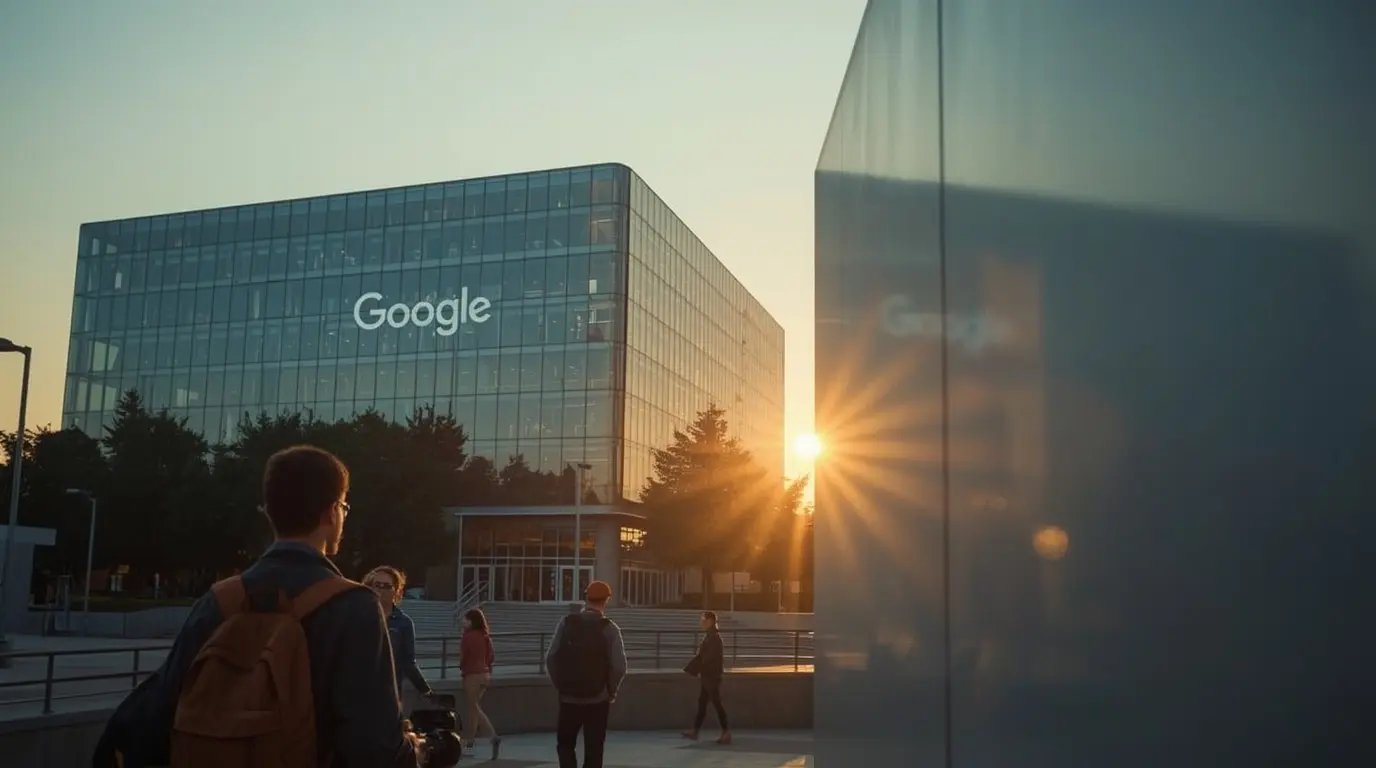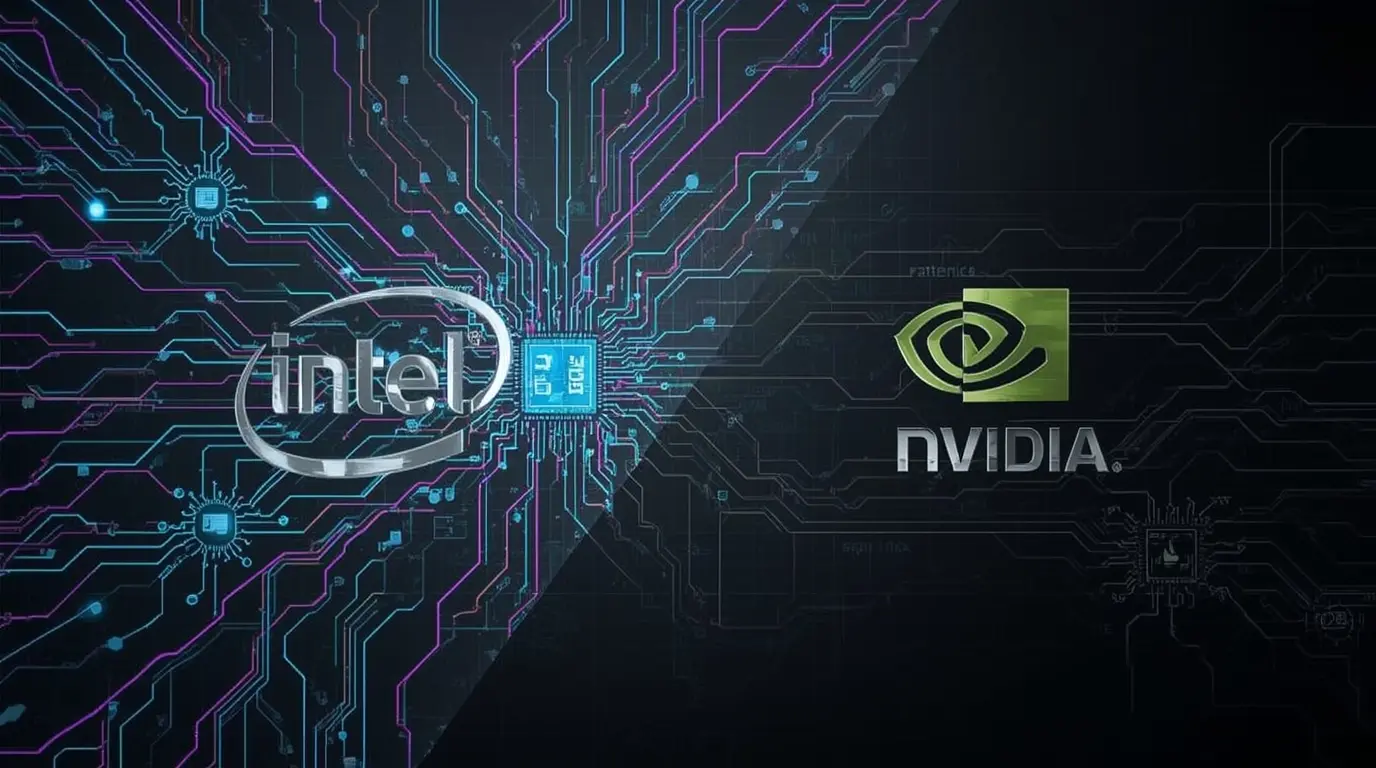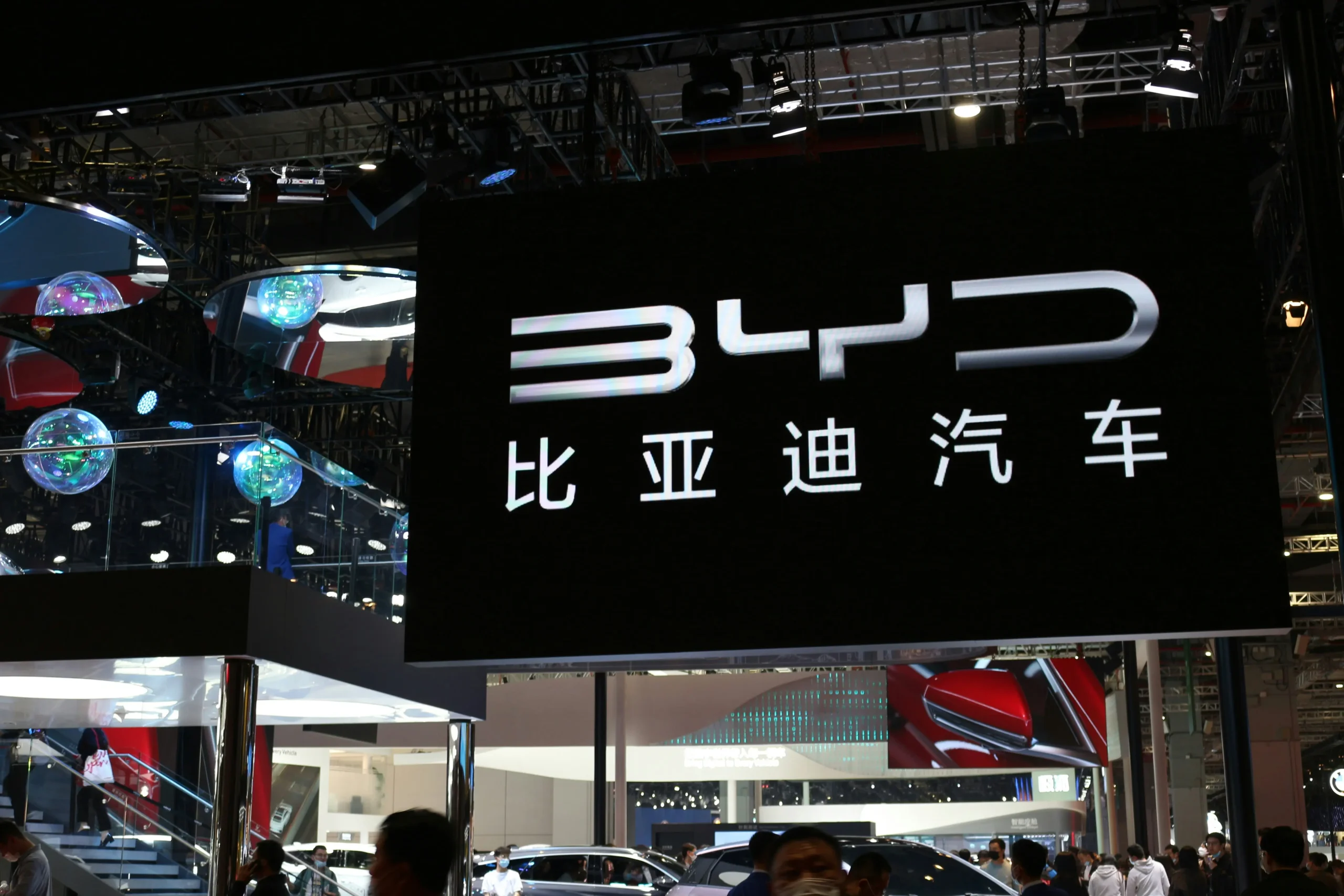Introduction
In a dramatic ruling that might change how we use the internet, a federal judge has explained how the U.S. government’s antitrust case against Google will end. U.S. District Judge Amit Mehta delivered the decision, giving a clear spotlight to Google and the entire tech world. The judge wanted to encourage more competition without breaking the complex technology that powers search and online services today. The court had already found Google had kept a monopoly over internet search in a way that broke the law, and the whole tech industry has been paying close attention because the outcomes could demand big adjustments in Google’s operations.
This week’s announcement did place heavy limits on how Google can do business now, but the judge chose to avoid the harshest penalties the government asked for. Because of that, Google’s stock price jumped, and experts are debating what the future of online competition will really look like.
The Core of the Ruling: What the Court Decided
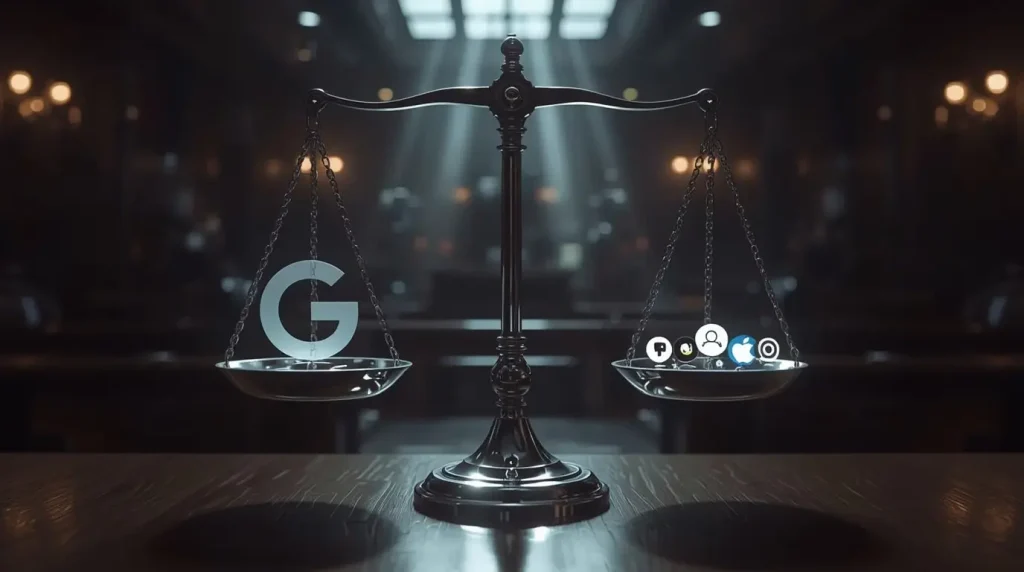
No Forced Breakup, No Problems
The court handed down a striking takeaway: the government’s big ask—to drop Google’s Chrome browser or the Android operating system—was shot down flat. Judge Mehta explained that tearing those keys from the lock wouldn’t fix the problems the suit highlighted. In his own words, forced sales of those tools were an overreach and “not necessary to address the illegal restraints.” What that means for Google is that it keeps its entire digital playground—for now.
Of note, the opinion called out the plaintiffs for “overreach,” which in the world of antitrust is the equivalent of a referee sending the over-attacking forward straight to the showers. At the same time, the market was a quick fan of the news, sending Google’s stock shooting up nearly 8% in after-hours trading.
Curbing Exclusive Contracts and Payments
One of Google’s biggest advantages has been its big-money deals with companies like Apple, which make Google the go-to search on iPhones and similar devices. This issue came up in the recent court case. Although Google can still pay companies for using its services, it now has to stop making those deals exclusive. That means no more contracts requiring partners to use Google Search or Chrome while ignoring other options.
The judge also pointed out that getting rid of all payments would “impose substantial—in some cases, crippling—downstream harms to distribution partners,” so it’s okay for Google to keep making payments The key difference is that the contracts can no longer lock partners into using Google only, which opens the door for competing services to be included.
Mandating Rivals to Tune In to Google’s Search Data
To ramp up competition, the court told Google to give certain rivals a peek at a slice of its search trove called the “qualified competitors.” The goal is to tilt the field a bit so other search engines can see the type of data that helped Google soar. The final order, though, is tighter than what the government originally wanted.
Google must hand over only the “search index data and user interaction data”—the bits that show how queries land and how users click around. It won’t touch the much richer “ads data,” which judges how dollars flow. These handoffs must be at “ordinary commercial terms,” which could mean Google charges a bit and finds itself a tiny new revenue windfall, even while the goal is to give rivals a booster shot.
The Logic That Shaped the Ruling: A Judge’s Checklist
Judge Mehta’s opinion reads like a judge doing his homework before signing. The mantra is clear: “Treat market fixes like radioactive waste, and only touch what you can’t predict.” He warns that courts aren’t crystal balls. They gear up for a tech market that cycles ports and misses, yet still hopes to ship products. The humility lens comes straight from the bench, which is learning how courts must be the adults, only to balance the newborn tech industry fighting elbow room, debugging the “beta of the decade.”
A turning point came from the rise of generative AI. The judge observed that the fast-evolving tech environment has “altered the case’s direction,” with AI chatbots and virtual assistants now offering a fresh and disruptive challenge to standard search engines. The remedies had the explicit aim of stopping Google from leveraging “anticompetitive strategies with its GenAI offerings that helped it monopolize the search space”19. This forward-looking language ensures that the ruling adapts as technology keeps changing.
Implications and Reactions: Market Winners, Losers, and Stock Moves
Google Gains Ground (But with Conditions)
The immediate stock-market response suggested that Google secured a meaningful, if conditional, win. Shares of Alphabet, Google’s parent company, soared by 8%, as investors welcomed the absence of a break-up scheme1. Google stated that the ruling “did acknowledge that separating Chrome and Android would exceed the case’s scope,” yet it raised alarms over the potential consequences of strict data-sharing directives for user privacy.
A Boost for Apple and Partners
Apple shares jumped 4% after the antitrust ruling yesterday. The decision maintains the cash flow Apple receives each year for keeping Google as the default search on iPhones. Although the agreement may shift from being exclusive to open, it is unlikely the payment will be canceled. Even a smaller version of the deal is a win for Apple’s bottom line.
A Mixed Bag for Competitors and the DOJ
The DOJ celebrated only some of the ruling. Their statement emphasized the need for the market to open broadly to new search options. Most of the agency’s harshest measures, like forcing Google to sell parts of its technology, were not granted. That said, niche alternatives like DuckDuckGo, as well as emerging AI search players, may soon gain free access to Google’s data. This access could help them compete for default-settings across phones and tablets, without being barred by exclusive contracts.
Data Sharing
Ad-critical search and ads data must be shared. Limited search data without ads can be shared. Rivals get some room, but Google’s ad business stays intact.
GenAI Focus
Remedies must cover AI tools. Tactics that help preserve monopoly power are blocked, cutting off duplicate search playbooks in all new models.
The Road Ahead: Implementation and Appeals
This order isn’t final. By September 10, parties must sync on final judgment text. Google says it’s “evaluating” the text. An appeal now looks almost certain, meaning months, maybe years, on the docket. Orders could linger in the system, pausing any large fix until courts provide the all-clear.
The Future of Search and AI in a Regulated Landscape
A fresh chapter opens. No more blanket exclusive deals. Regulated data flows level the field. Loose link between browsers and the generic AI tool—immediate proof Congress and the DOJ expect the next monopoly to suddenly appear is gone. Keeping plaintiffs awake at night, the same rules apply to the Gemini service. Regulators expect the next monopoly to suddenly appear is gone. Keeping plaintiffs awake at night, the same rules apply to the Gemini service.
Analysts like Stanford’s Robert Siegel argue that, although Google dodged the worst impact from the recent cases, it now “has to try a little harder to entice consumers.” That’s especially true as rivals powered by advanced AI, such as OpenAI and Perplexity, gain traction. In the long run, the victor will be “the platform that provides the best way for consumers to interact with technology and AI moving forward.”9.
Conclusion: A Balanced Verdict for a Digital Age
The antitrust judgment against Google highlights how tricky it is to regulate tech today. The court clearly understands that aggressive breakups can backfire in entwined digital networks. Instead, the ruling settles for carefully designed behavioral fixes that promote competition but still respect the value of the widely loved, well-integrated services that consumers rely on.
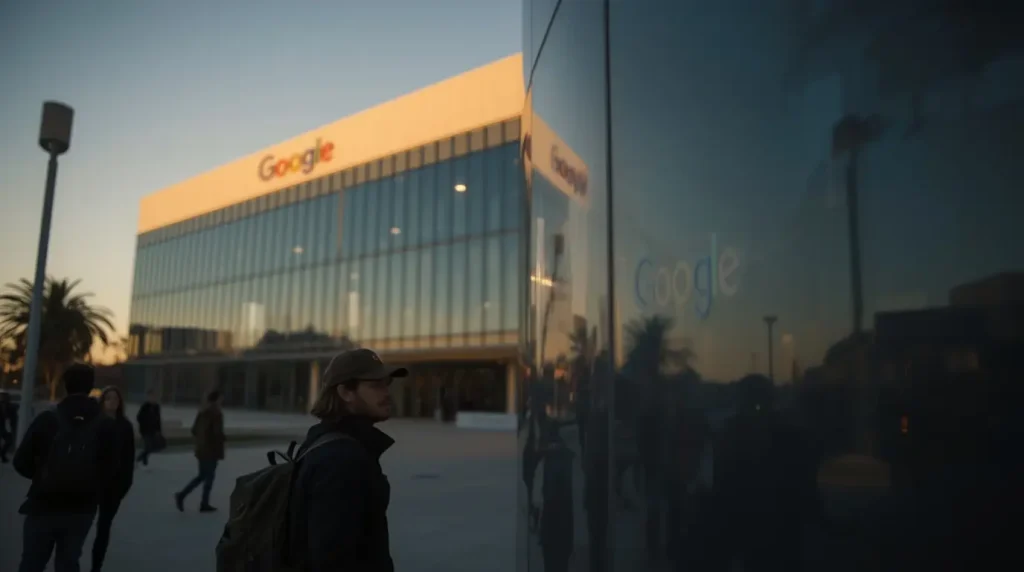
For Google, this court decision means living under new rules but still keeping the team and systems it knows best. For the whole tech world, it creates a new model that encourages everyone to play fair as AI grows. For users, it means downward pressure on search fees paid to Google successor that might lead to more variety and clever new ways to discover the info we’re after, while the big company still refines its offerings and looks for new markets. This historic ruling shows that no tech giant is untouchable, no matter how many data centers it controls.
Source: https://edition.cnn.com/2025/09/02/tech/google-antitrust-ruling-chrome-android
For more news updates, visit our home page.

